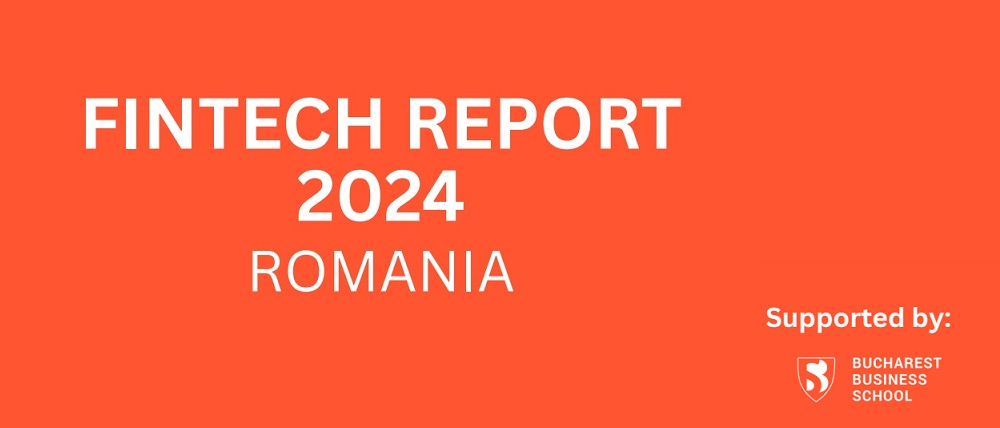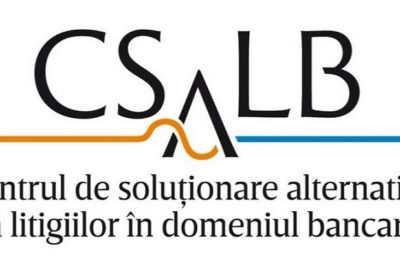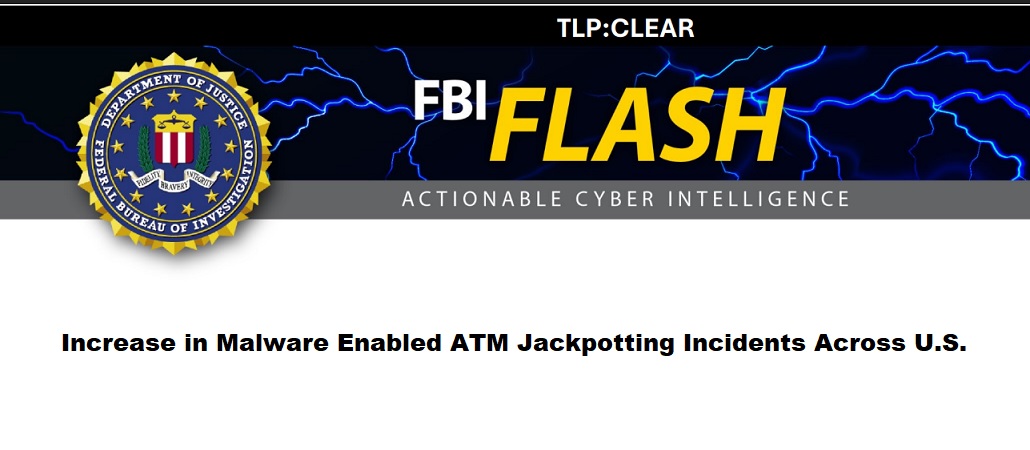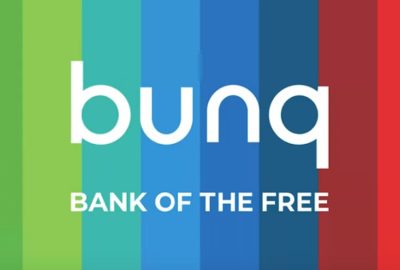UBS, the first global bank to create an innovation lab to explore emerging technologies such as Blockchain and crypto-currencies
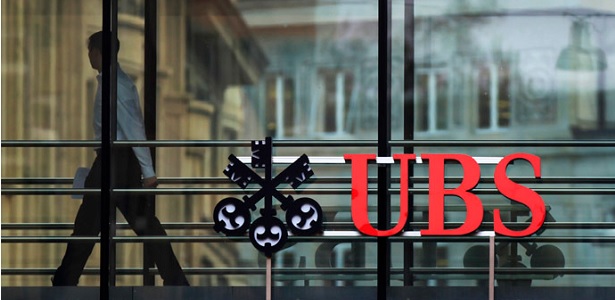
Swiss banking giant UBS (Union Bank of Switzerland) is to open a technology lab in London to explore how blockchain technology can be used in financial services. The lab will be led by a team of financial technology specialists looking at how UBS can further foster innovation as a key driver for business growth.
Among other initiatives, UBS will investigate Blockchain and other Distributed Ledger technologies along with Smart Contracts and work on potential new applications in its lab. These technologies have the potential to enable participants to share financial transactions on a common public ledger and therefore enhance transparency and trust while significantly reducing transaction and processing cost. They have the potential to trigger far-reaching changes in banking processes.
By creating a dedicated lab for FinTech innovation at Level39 – Europe’s largest technology accelerator for the financial, cyber, retail and smart cities technologies – UBS will explore new technologies in partnership with others and will be fully involved in the innovation ecosystem. UBS has extensive industry expertise to offer the community and can partner with FinTech companies to analyse and develop potential applications for the industry.
A recent report by Accenture on the FinTech industry found that the total amount invested in the sector rose from just over $4bn in 2013 to more than $12bn last year, Europe being the fastest growing region in the world.*
Oliver Bussmann, Group Chief Information Officer, UBS, said: “We are excited to be the first global bank to be part of the innovation ecosystem at Level39, Europe’s largest FinTech incubator and accelerator space. By establishing a dedicated innovation lab at Level 39 we are moving away from a purely in-house innovation strategy, optimising collaboration opportunities with the growing FinTech business, start-up and investor community in an open and transparent way. Our innovation lab at Level39 will provide a unique platform to explore emerging technologies such as Blockchain and crypto-currencies, and to understand the potential impact for the industry”
The blockchain is the public and decentralized online ledger which verifies transactions in digital currencies such as bitcoin. It is an indelible record, whose authenticity is verified by a network of computer users rather than a centralized authority. According to the blogs.wsj.com, many have come to believe that this technology can be adapted to record and verify financial transactions, from clearing securities to making cross-border payments.
Last month the U.K. government announced that it would commit £10 million to support research in digital currencies technology, while last September the Bank of England recognized blockchain’s potential, saying that the technology could have “far-reaching” implications.
Speaking to Financial News last October, Oliver Bussmann, said the blockchain had the potential “not only change the way we do payments but it will change the whole trading and settlement topic.” He described it as the technology with the biggest potential to disrupt financial services, and trigger “massive” simplification of banking processes and cost structure.
Dariusz Mazurkiewicz – CEO at BLIK Polish Payment Standard
Banking 4.0 – „how was the experience for you”
„To be honest I think that Sinaia, your conference, is much better then Davos.”
Many more interesting quotes in the video below:
